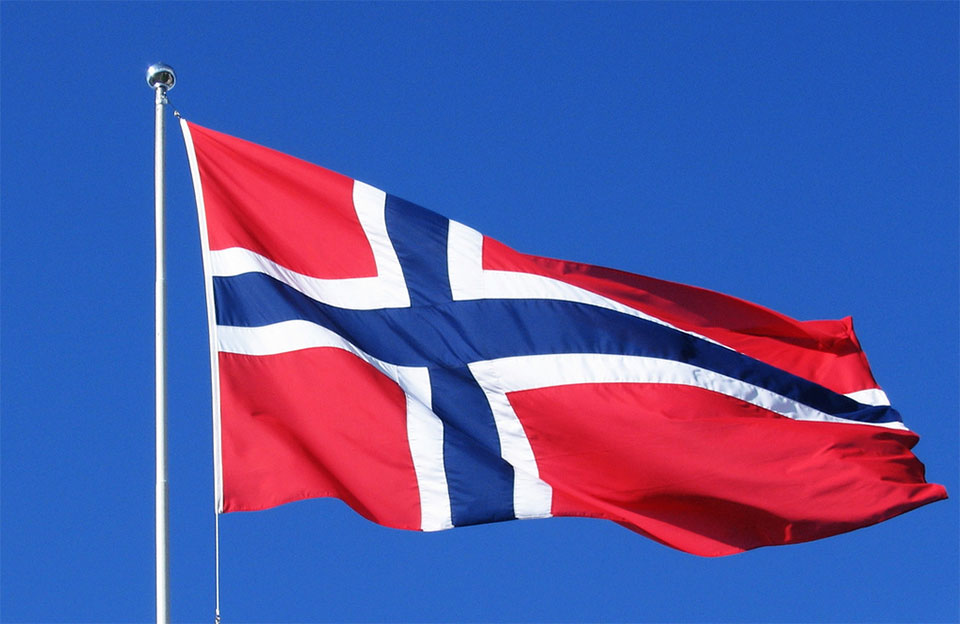Tips Every International Student in Norway Must Know

Norway is one of the most scenic places on this planet. Wherever you go, it can offer you jaw-dropping views. For a student, it is an ideal place because the overall conditions are peaceful, therapeutic, and supportive. Many factors contribute to making the country one of the best options for international students such as local friendliness, picturesque landscape, high quality academic and research activities, well-trained faculties, and whatnot. However, the fact remains that Norway is a country of a distinct culture, history, politics, language, and lifestyle. So, it may pose a challenge to international students who wish to study here.
Norwegian education won’t disappoint you. But, you cannot be under-prepared when you move in here. To adjust easily in the country and its education system, you should take note of a few tips I am about to offer.
- It is a costly affair
Money-wise, Norway could be a challenge. The costs of living are high as a result of which you will end up spending a lot more than you would in its many European counterparts, especially on accommodation and transportation. Without sufficient finances, you cannot sustain yourself in the country. It is, therefore, advised that those who have a limited budget should consider applying for scholarships. Many universities here offer scholarships to international students; you may want to arrange funds back at home as well. - Learning the local language
You should note that English is not that commonly spoken in Norway, though most of them know or understand it in one way or another. Most people speak the native language which means you will inevitably have to learn it. In fact, the number of programs taught in English is very limited. Even though your course is in English, you will have to regularly make use of Norwegian for conducting daily affairs. Hence, learn the local lingo. - Stocked with wintery Norway
Winters in Norway have the reputation of being unstable, windy, and extremely chilly. You cannot absolutely do without heavy winter clothing and accessories in your bag. Make sure you have all the clothing that covers you from head to toe stacked in your luggage before you leave. Do not underestimate the cold here. - Tuition-free education
In Norway, you will find public universities and private universities. Public universities do not charge any tuition fee from students, though you may end up paying other charges such as semester registration fee, etc that can add to your academic expenses. However, if you secure a seat in a private university, you might not get a waiver on tuition fees. You can apply for scholarships in these private universities in case you cannot pay up the tuition fees. - Health Insurance
If you live outside the European Union, then you are required to purchase public or private health insurance which will cover the first few weeks in Norway. However, students who have been staying in the country for more than 3 months are eligible to apply to the National insurance Scheme. The perks of this scheme are plenty and include free treatment at times of sickness. - Use your student visa to travel
You might know this but you can travel to as many as 26 countries and stay in these countries for 90 days on your student visa. Norway is part of the Schengen Area which is basically a block of 26 European countries that have eliminated border controls and follow a common visa policy. What more could you ask for! - Top ranking universities
Norway has many of its universities in the top 500 of the world. The top-ranking university in the country is the University of Oslo followed by universities such as the University of Bergen, Norwegian University of Science & Technology, and the University of Tromso. Note that the acceptance rates are low here. Due to many universities being tuition-free, many applications are received annually which are strictly vetted and only a handful of them are selected. You will have to fight your way through the selection process so it is advised that you work on your academic and extra-curricular credentials before you apply to any Norwegian university.
Here’s the latest list by the CEOWORLD magazine Rankings. Here’s what you’ve missed?
Oldest hotels in the United States.
Best Wedding Destinations in The Caribbean.
World’s Best Places To Visit.
World’s Best Leisure Destinations.
Add CEOWORLD magazine to your Google News feed.
Follow CEOWORLD magazine headlines on: Google News, LinkedIn, Twitter, and Facebook.
This report/news/ranking/statistics has been prepared only for general guidance on matters of interest and does not constitute professional advice. You should not act upon the information contained in this publication without obtaining specific professional advice. No representation or warranty (express or implied) is given as to the accuracy or completeness of the information contained in this publication, and, to the extent permitted by law, CEOWORLD magazine does not accept or assume any liability, responsibility or duty of care for any consequences of you or anyone else acting, or refraining to act, in reliance on the information contained in this publication or for any decision based on it.
Copyright 2024 The CEOWORLD magazine. All rights reserved. This material (and any extract from it) must not be copied, redistributed or placed on any website, without CEOWORLD magazine' prior written consent. For media queries, please contact: info@ceoworld.biz
SUBSCRIBE NEWSLETTER








